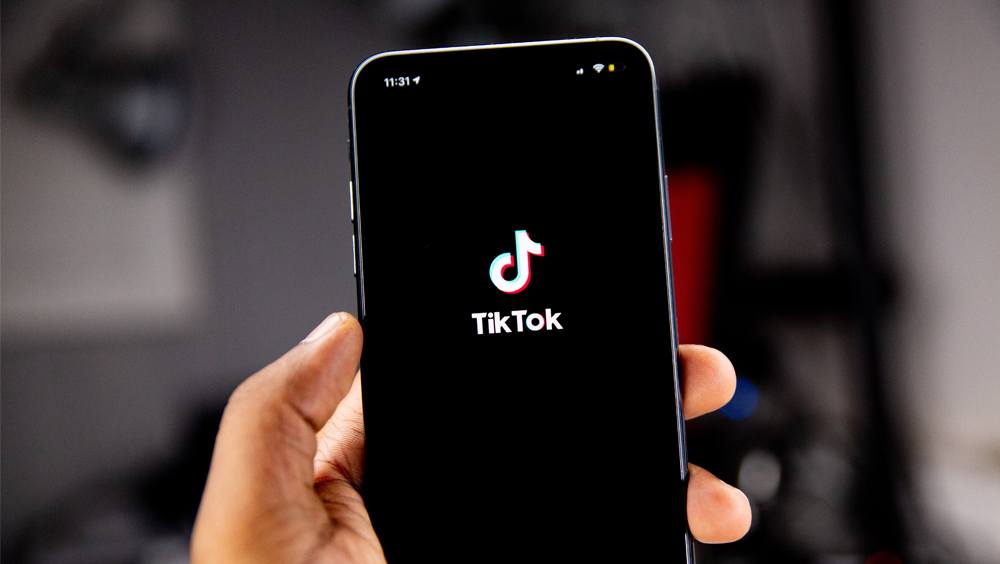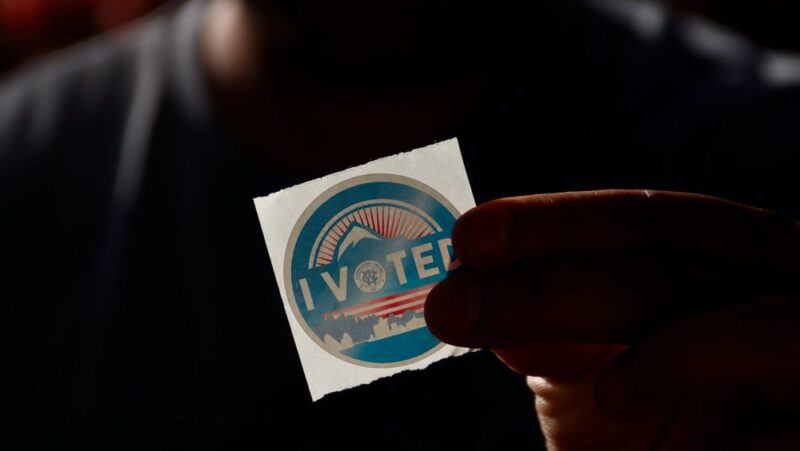Why Montana’s TikTok Ban Is Unconstitutional

Update: Montana Governor Greg Gianforte signed SB 419 into law on May 17, 2023, officially making Montana the first state in the nation to ban TikTok.
Montana’s legislature become the first to pass a TikTok ban amid debate over the social media platform’s potential threats to personal privacy and national security, as well as potential harm that content on the site might cause to public health and safety.
This push isn’t new. In 2020, then-President Donald Trump issued a TikTok ban and a ban of Chinese communications platform WeChat by executive order. Both bans were challenged in court, and a federal judge issued a pause of the WeChat ban. The current Biden administration repealed both bans before any further legal proceedings in either case.
Free speech advocates also oppose the Montana TikTok ban - and the governor and legislature are already acting to revise the bill. This matters to TikTok creators, users and anyone who cares about the preservation of free speech on the internet.
A First Amendment look at the Montana TikTok ban
The Montana TikTok ban violates the First Amendment rights of the video app and of mobile app stores by imposing a $10,000 per day penalty on TikTok or on any app store that makes TikTok available. The penalty does not apply to TikTok users, but the ban still violates the First Amendment rights of users in Montana by making content creation – and access to those creations – impossible for anyone in the state. The penalty is one part of the law that Governor Greg Gianforte is reportedly asking be narrowed.
If this law, or a revised version of it, is to stand up against a court challenge, Montana would have to demonstrate:
- A compelling interest in the restriction of speech; in other words, that the speech is going to cause some harm.
- That the ban is the least restrictive way to achieve that goal.
Montana claims that because TikTok is owned by ByteDance, a Chinese corporation, using it risks users’ privacy and national security by harvesting personal data — including location information — from Montanans in violation of their right to privacy. And Montana argues TikTok doesn’t moderate dangerous content, but, in fact, promotes it. Gov. Gianforte has also recommended the law expand to apply not only to TikTok but to all social media apps that “provide data to foreign adversaries.”
Data privacy
The privacy claim may be “compelling,” but it is contested by TikTok, which asserts there is a firewall between the app’s U.S.-based operation and the government of China. Montana would have to demonstrate evidence of that connection and the collection and transfer of such data.
RELATED: Why New Utah Social Media Laws Are Unconstitutional
More important, even if privacy concerns are valid, there are other ways to protect privacy short of an outright ban. Other states and the federal government require websites or social media platforms to be transparent about the user information they collect and how it is used. Some rules allow users to opt out – or better yet, require them to affirmatively opt in – to information collection and sharing. Montana could better enforce narrower attempts at regulation, such as with increased oversight and stronger penalties when violations occur. The existence of these “less restrictive” alternatives to a full ban demonstrates how the legislation is overly broad.
National security
Montana claims TikTok harms national security because it surveils “real time locations of public officials, journalists, and other individuals adverse to the Chinese Communist Party’s interests.” In addition to once again needing to prove this problem, not merely speculate, the ban is also overbroad.
Montana is likely within its rights to stop government employees (and potentially those doing business with the government) from downloading TikTok to their government-issued devices (and personal devices used for government business). TikTok has been banned on federal government devices since December 2022 and is also banned on government devices in more than half of the states.
But Montana does not have the same overarching authority over private corporations or people. Absent any further evidence of significant harm to the collective safety interests of the state and its residents, Montana’s role is merely to ensure that people have sufficient tools and resources to understand the risk of engaging with TikTok.
Content moderation
This will be the most difficult interest for Montana to justify. The legislation identifies a list of “dangerous content that directs minors to engage in dangerous activities” that TikTok “fails to remove and may even promote.”
Using “dangerous” content as a justification for restricting speech is not new. From mail to book publishing to radio to television, new media are met with this reaction, often with overbroad attempts to prevent access. And such restrictions are always struck down as courts recognize that punishing the specific poster of individually dangerous content is less restrictive than blaming the messenger.
Section 230 of the Communications Decency Act protects websites, including social media platforms, from liability for content posted by users.
Nothing prevents Montana from allowing lawsuits by those injured after trying dangerous acts they saw online, though even those lawsuits require that the original publisher clearly intended others to copy the behavior. But blocking an entire social media platform based on a general fear prevents perfectly legal content, too.
The overreaching Montana TikTok ban doesn’t just affect users. Those not on the platform (that includes me) have every reason to be concerned. If you live in Montana, you’ll never get to know what you don’t know – and there’s plenty we “know” from TikTok. While full of entertainment value, the platform is increasingly used to deliver news and information on matters of public concern in an easily digestible and accessible format.
It’s bad enough when a state regulates speech in a way that makes people think about whether they should exercise their First Amendment rights. It’s unacceptable when the government prevents expression from even occurring.
Kevin Goldberg is a First Amendment specialist for the Freedom Forum and spoke with the Daily Montanan about the Montana TikTok ban when the proposal was introduced. He can be reached at [email protected].
Is It Illegal to Yell ‘Fire’ in a Crowded Theater?
Teachers Face Limits on Their Election-Related Speech
Related Content
2025 Al Neuharth Free Spirit and Journalism Conference
All-Expenses-Paid Trip To Washington, D.C.
June 22-27, 2025
Skill-Building
Network Growing
Head Start On Your Future

